Understanding Common Pet Surgeries at Sixes Animal Hospital in Canton, Georgia
At Sixes Animal Hospital, we understand that deciding to have your pet undergo surgery is significant and often challenging. Pets, like humans, may require surgical interventions for various health reasons, ranging from preventive procedures to emergency situations. Our team is committed to providing compassionate and comprehensive surgical care.
Common Pet Surgeries
Spaying and Neutering
Spaying and neutering are among the most common surgical procedures performed by veterinarians. These surgeries help control the pet population and offer numerous health benefits, such as a reduced risk of certain cancers and decreased aggression in some pets. At Sixes Animal Hospital, we employ advanced techniques to ensure the safety and comfort of your pets during these procedures.
Medically, spaying involves the removal of the ovaries and usually the uterus in female pets, while neutering involves the removal of the testicles in males. These procedures are typically performed under general anesthesia. Long-term health benefits include the prevention of uterine infections and breast tumors in females and the reduction of testicular cancer and prostate issues in males. Behavioral benefits may include reduced marking and roaming tendencies.
Dental Surgery for Pets
Dental health is crucial for your pet’s overall well-being. Issues like tooth decay, gum disease, or jaw injuries may require surgical intervention. Our dental surgeries range from tooth extractions to more complex periodontal procedures. We focus on pain management and swift recovery, helping your pet resume normal eating and play as soon as possible.
Dental disease can progress silently, often unnoticed until significant oral pain or infection occurs. Early diagnosis through regular veterinary check-ups is vital. Untreated dental issues can lead to systemic infections affecting the heart, liver, and kidneys. Post-surgery, maintaining oral hygiene through regular brushing and dental treats can prevent future complications.
Cruciate Ligament Repair in Dogs
Cruciate ligament injuries are common, especially in active and larger breed dogs. These injuries can cause significant pain and mobility issues. Surgical options vary, with TPLO (tibial plateau leveling osteotomy) being a popular choice for stabilizing the knee joint. For more detailed information, visit Canine Cruciate Ligament Injury – Colorado State University and TPLO Info.
The progression of cruciate ligament injuries can lead to chronic pain and arthritis if left untreated. Immediate signs may include limping, difficulty rising, and reluctance to play. Early intervention through surgery can prevent long-term joint damage. Post-operative care involves restricted activity, physical therapy, and weight management to aid recovery.
Foreign Object Removal
Pets are naturally curious, sometimes leading them to swallow harmful objects. Surgical removal of foreign objects is a critical procedure that can save a pet’s life. Our surgical team is skilled in quickly diagnosing and safely removing these objects, followed by a recovery plan tailored to your pet’s needs.
Emergencies involving foreign objects can present as vomiting, diarrhea, abdominal pain, and lethargy. Immediate veterinary attention is required to prevent severe complications like intestinal blockages or perforations. Pet owners can help prevent these emergencies by keeping small or dangerous objects out of reach and observing playtime closely.
For more, see Common Dog Surgical Procedures – Zoetis Petcare Blog.
Preparing Your Pet for Surgery
Pre-Surgical Consultation
Understanding the pre-surgical process is vital. During the consultation at Sixes Animal Hospital, we will discuss your pet’s medical history, the specifics of the recommended surgical procedure, and any necessary pre-operative care.
Our veterinarians will conduct a thorough physical examination and may recommend blood tests or imaging to assess your pet’s fitness for anesthesia and surgery. This ensures tailored surgical planning and minimizes risks.
The Night Before Surgery
Preparing your pet for surgery involves several important steps, the most critical being fasting. We will provide specific instructions based on the type of surgery and your pet’s health needs.
Fasting is crucial to prevent aspiration pneumonia during anesthesia. Adjustments may be made based on your pet’s age, breed, or health conditions. Ensure your pet has a comfortable resting place and avoid stressful activities the night before surgery.
What to Expect on Surgery Day
Check-in Procedures
Upon arrival at Sixes Animal Hospital, our team will guide you through the check-in process, ensuring all paperwork is complete and answering any last-minute questions you may have.
We recommend bringing your pet’s favorite blanket or toy to provide comfort during their stay. Our experienced staff will ensure your pet feels secure and cared for throughout their time with us.
During the Surgery
Your pet will be under anesthesia and continuously monitored by our skilled veterinary team. We prioritize the safety and comfort of your pet throughout the procedure, using state-of-the-art monitoring equipment.
Anesthesia is carefully managed with precise dosages tailored to your pet’s size and health. Vital signs such as heart rate, blood pressure, and oxygen levels are closely monitored to ensure their stability throughout the procedure.
Post-Surgical Care and Recovery
Immediate Post-Op Care
Immediately following surgery, our team focuses on your pet’s recovery, monitoring vital signs and managing pain. We ensure that your pet wakes up calmly and comfortably.
Pain management is key to a smooth recovery. We use a combination of medications tailored to your pet’s needs. Your pet will be kept warm and comfortable as they regain consciousness.
Home Care and Recovery
Once your pet is ready to go home, we will provide detailed instructions on how to care for them. This includes managing pain, ensuring proper wound care, and recognizing signs of potential complications.
Keep your pet’s activity level low and monitor their food and water intake. Watch for signs of discomfort or infection, such as swelling, redness, or discharge at the surgical site. Follow-up visits will be scheduled to monitor healing and remove sutures if necessary.
Why Choose Sixes Animal Hospital for Your Pet’s Surgery?
Choosing the right facility for your pet’s surgery is crucial. At Sixes Animal Hospital, we combine advanced surgical techniques with compassionate care to ensure the best outcomes for your pet. Our experienced team is dedicated to providing personalized care throughout the surgical process. Schedule a consultation today
By choosing Sixes Animal Hospital, you are ensuring that your pet receives the best possible care in a supportive and caring environment. We are here to help your pet live a healthy and happy life.
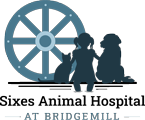

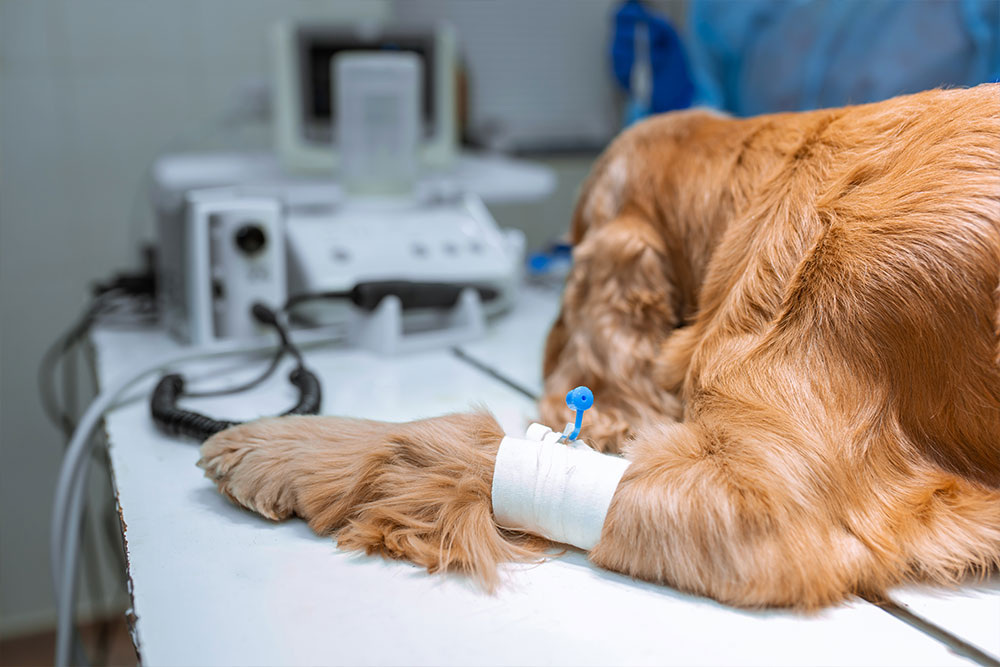
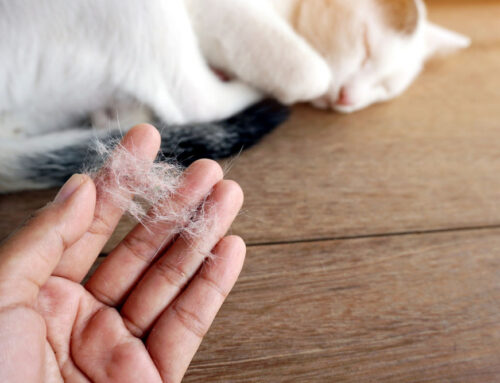
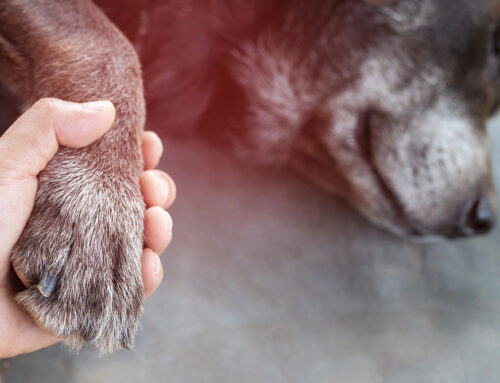
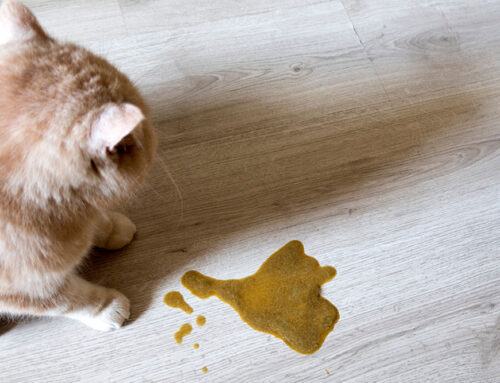
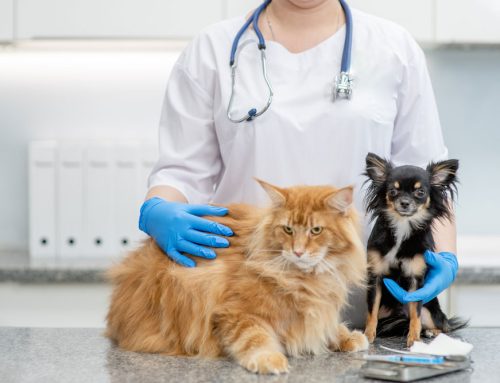
Leave A Comment